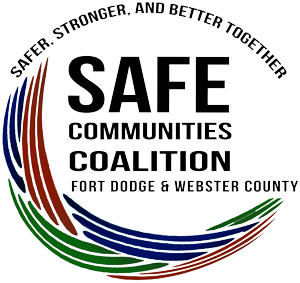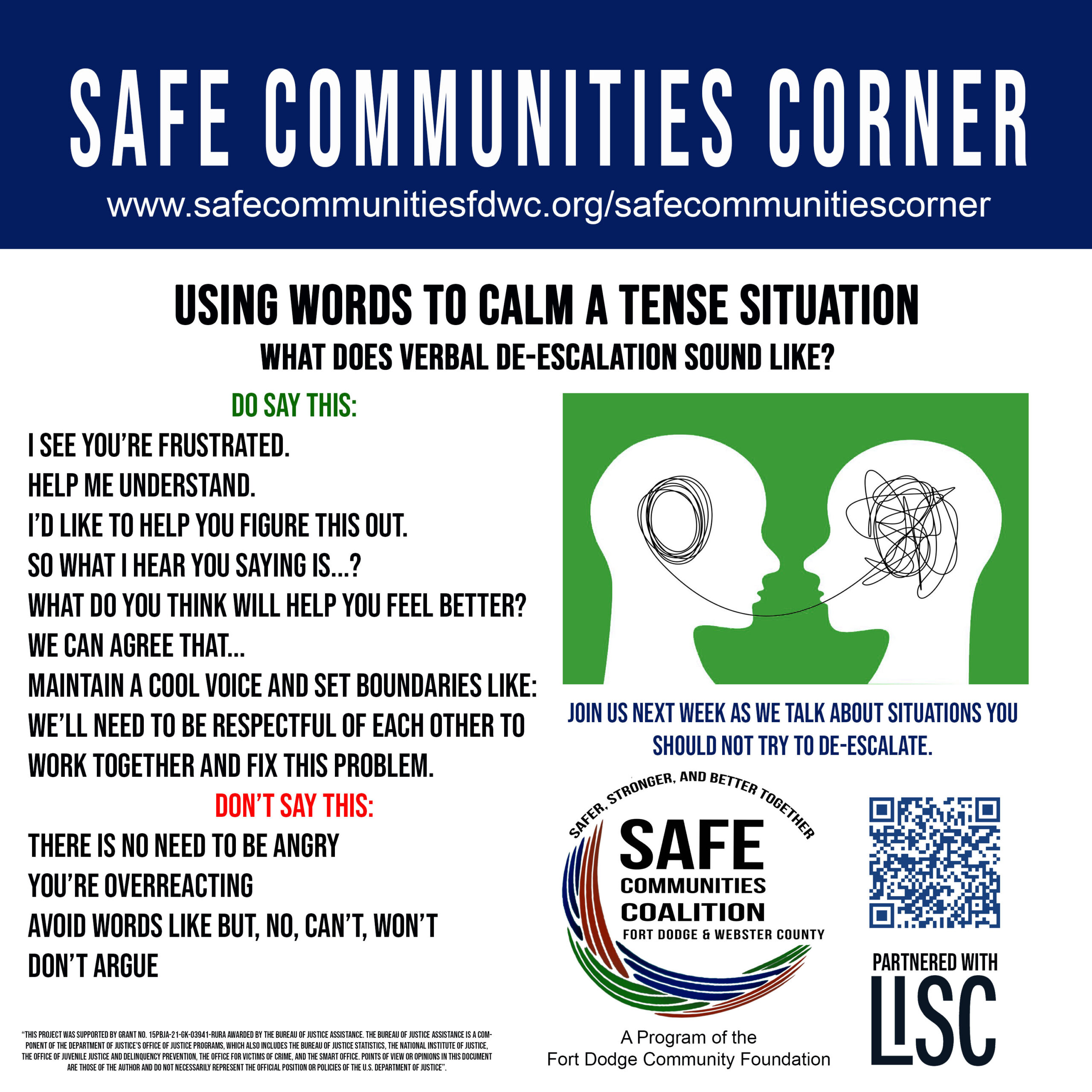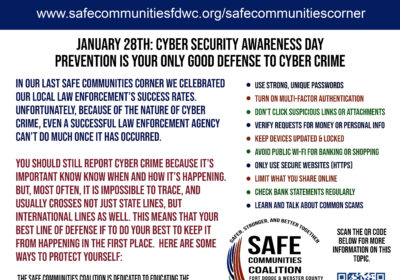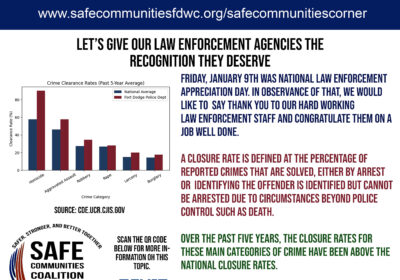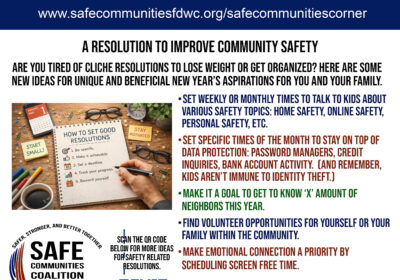Yes, what you say matters. Sticks and stones will break bones and words can make or break your attempt to keep someone from escalating out of control. When approaching someone who is visibly upset, even to the point of anger, it is important that you take control of the conversation. Set boundaries on how you expect to be treated. Let them know that you won’t belittle or disrespect them and, if you’re going to help them, you expect the same in return. Once you’ve established that you can move on to the next key principles in de-escalation. Remember, what this person probably wants more than anything else is, most likely, just to be heard.
- Give the person your undivided attention. Turning away from them or not paying close attention could lead to escalation or physical assault.
- Be nonjudgmental.
- Focus on the person’s feelings, not just the facts.
- Allow silence.
- Use restatement to clarify messages
Do Say this:
- I see you’re frustrated.
- Help me understand.
- I’d like to help you figure this out.
- So what I hear you saying is…?
- What do you think will help you feel better?
- We can agree that…
- Maintain a cool voice and set boundaries like: We’ll need to be respectful of each other to work together and fix this problem.
Don’t say this:
- There is no need to be angry
- You’re overreacting
- Avoid words like but, no, can’t, won’t
- Don’t argue
If the individual you are trying to work with refuses to speak respectfully or seems to still be escalating let them know that you need to step away from the conversation but would be willing to revisit it when they can think in terms of solutions. Along that same line, if they choose to walk away, let them. Don’t try to force a conversation that isn’t working.
If at any time you feel threatened or unsafe when trying to de-escalate a situation, please call 911. Do not try to engage with that person anymore.
Next week we will talk about how to know when to walk away from trying to de-escalate.
